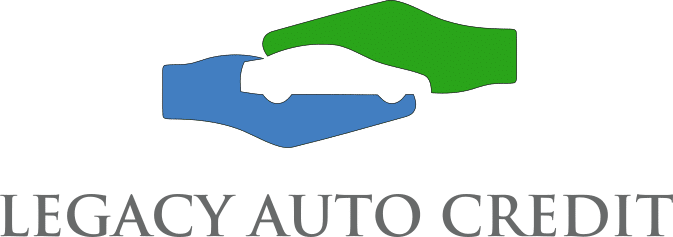What is the difference between a Consumer Proposal and a Bankruptcy? Which is better?
I always feel that if you can afford the monthly payment in a consumer proposal, you should choose that over bankruptcy. A bankruptcy will reside permanently on your government record. Bankruptcy can result in a hit to self esteem. And besides, a consumer proposal is a much simpler process.
However, the decision is a personal one. Only you can decide for yourself.
In a consumer proposal the debt is reduced – often significantly – all interest stops accruing, and you make a monthly payment for typically 5 years or until the agreed amount is paid. The amount you pay does not change even if your income goes up. The amount you pay per month in a consumer proposal is usually small compared to what you were paying to carry your debt with interest.
Instead of making multiple high interest payments every month, you make one smaller payment at 0% interest. You will have more money left over every month and less stress. It is an excellent opportunity to reorganize your monthly finances and to get your savings and overall financial health back again. Remember – cash in the bank is always better than credit.
A bankruptcy is a much more complicated process.
Filing a bankruptcy is a voluntary process, but once you have signed the bankruptcy documents there is no way you can change your mind. I illustrate it like this – you voluntarily enter bankruptcy and close the door on yourself. You are now locked in bankruptcy and you don’t have the key to get out. Only the trustee, your creditors and the government have the keys to let you out.
You now have specific duties and obligations and a strict time table for getting your discharge in the shortest amount of time. You will make monthly payments for 9 or 21 months if it is your first ever bankruptcy. You will pay up to 3 years if it is your 2nd bankruptcy. You will have to fill and submit income and expense forms every month. You will need to provide your tax information for the year of the bankruptcy as your tax return will be done by the trustees office and if there is a refund, it will be taken for the benefit of your creditors.
Bankruptcy is not free. There are costs involved that the debtor must pay in order to be discharged from bankruptcy. Not all bankruptcies are the same. The payment is determined by your income and the equity of your realizable assets as well as the number of dependants in your family. The higher your income, the higher your bankruptcy payment. If your income goes up during the bankruptcy this must be disclosed and your bankruptcy payment may go up.
I equate being in a bankruptcy to being in “financial probation” as your income and expenses are monitored monthly. If your income goes up or you receive a windfall such as an inheritance or lottery win, this must be disclosed and the funds turned over to the trustee for the benefit of your creditors.
If you fail to complete one your duties, your discharge may be opposed by the trustee and you now have to appear in bankruptcy court to determine what needs to be done to allow your future discharge.
If you have a large amount of debt, a low income, rent instead of own a home, and if you lose nothing in a bankruptcy and you can get discharged after 9 months then this may be the option for you.
This is not written to persuade you one way or the other. It is simply to inform you of the processes for both a consumer proposal and a bankruptcy.
Ultimately it is your decision to make.

